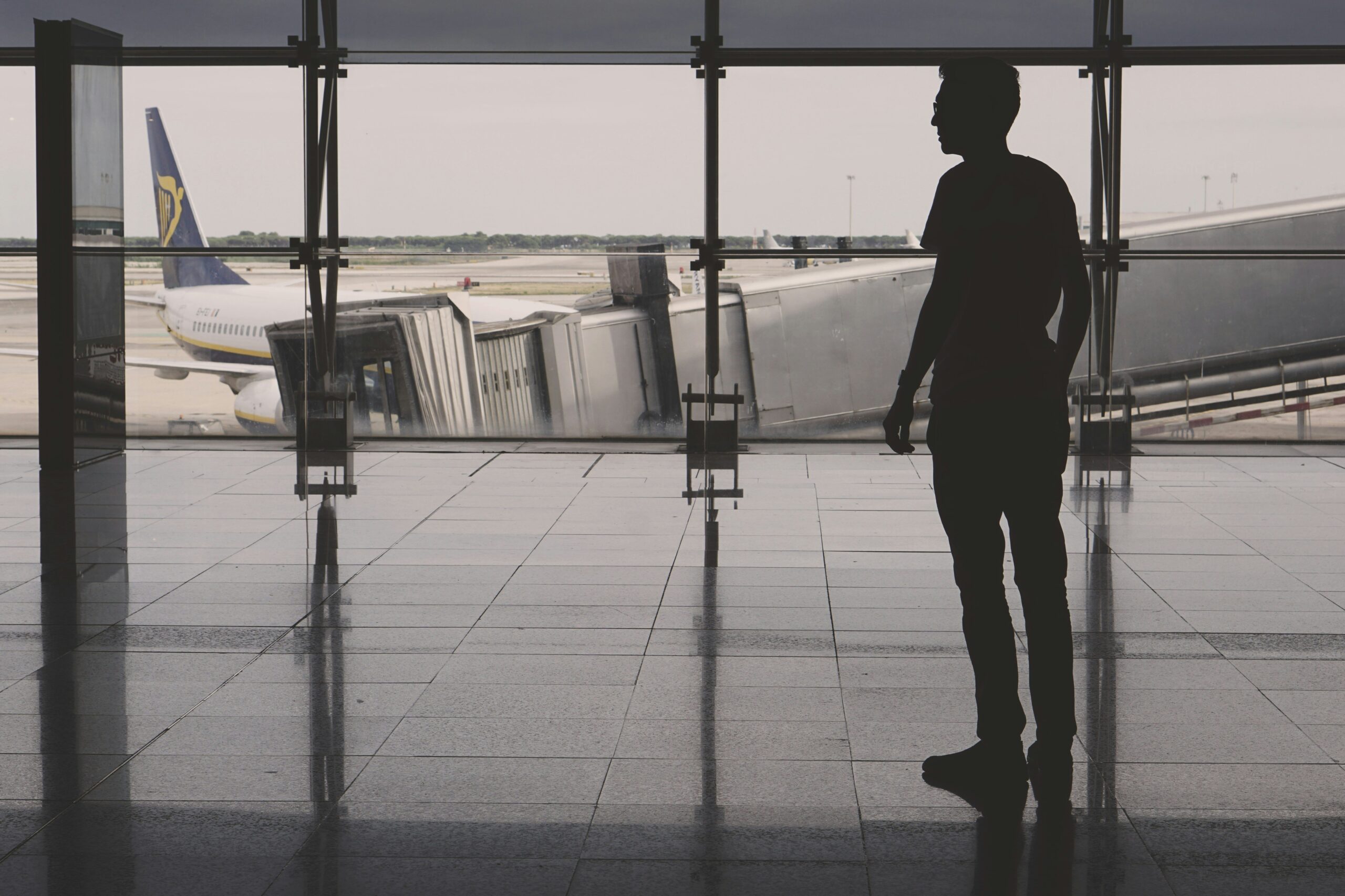Ever landed at your dream destination only to find out your suitcase decided to take a detour? Yeah, us too. And guess what—that’s not just bad luck; it’s statistically more common than you’d think. In this post, we’ll dive into baggage delay statistics, uncover why they matter, and show you how baggage delay insurance can save the day. Spoiler alert: You’ll also learn some pro tips on avoiding travel chaos.
Table of Contents
- Introduction
- What Are Baggage Delay Statistics?
- Why Do Baggage Delays Happen?
- How to Prepare for Baggage Delays
- Tips to Maximize Your Baggage Delay Insurance
- Example of Baggage Delay Insurance in Action
- FAQs About Baggage Delay Statistics and Insurance
- Conclusion
Key Takeaways
- Airline mishandling rates have climbed by 25% over recent years.
- On average, travelers wait 2-3 days to retrieve delayed luggage.
- Baggage delay insurance reimburses essential purchases during delays.
- You don’t need to be a frequent flyer—any traveler benefits from understanding these stats.
What Are Baggage Delay Statistics?
According to SITA (the global IT provider for airlines), one in every 500 checked bags experiences a mishandling event. While that sounds small, when multiplied by millions of flights annually, it amounts to a staggering number of affected travelers. The most frustrating part? Most of these mishaps lead to delays rather than permanent loss.

And here’s where things get real: Airlines aren’t always quick to deliver missing bags. On average, passengers wait between 48 to 72 hours before their belongings arrive—a nightmare if you’re traveling light or headed somewhere remote.
The Confession:
I once arrived in Reykjavik without my suitcase, thanks to a layover snafu in Copenhagen. Picture this: No winter coat, no hiking boots, and definitely no coffee money because buying replacements drained my budget faster than an espresso shot. Lesson learned? Always check your options for baggage delay coverage before booking!
Why Do Baggage Delays Happen?
Understanding the root causes of baggage delays helps demystify those infuriating carousel waits. Common culprits include:
- Tight Connections: Short layovers mean less time for baggage handlers to transfer your stuff.
- Human Error: Misreads of tags or incorrect sorting happen more often than carriers admit.
- Weigh Station Backlogs: Security checks and customs inspections sometimes cause hold-ups.
Rant Alert:
Let’s talk about that “tight connection” excuse for a minute. Who designs flight schedules so ridiculously close together that even Usain Bolt couldn’t make them comfortably?! It’s like airlines forgot humans—not teleportation devices—are involved.
How to Prepare for Baggage Delays
- Pack Essentials in Carry-On: Never put medications, chargers, or emergency clothes in checked baggage. Just… never.
- Investigate Travel Insurance Options: Policies covering baggage delays can reimburse toiletries, clothing, and other urgent needs.
- Learn Airline Policies: Know what compensation rights you have under international agreements like the Montreal Convention.
Optimist You:
“Follow these steps, and I promise your next trip will feel smoother!”
Grumpy You:
“Ugh, fine—but only if coffee’s involved.”
Tips to Maximize Your Baggage Delay Insurance
Here’s the deal: Not all baggage delay policies are created equal. To ensure maximum payout potential, remember these:
- Check the minimum delay threshold (e.g., does the policy kick in after 6 hours or 12?).
- Keep all receipts related to replacement items purchased due to the delay.
- Contact your insurer immediately upon realizing a delay to start the claims process early.
Terrible Tip Disclaimer:
Sure, technically, you *could* skip documenting expenses while stranded with lost luggage—but good luck explaining that $500 designer scarf was “essential.”
Example of Baggage Delay Insurance in Action
Meet Sarah, who flew from New York to Bali last summer. Her bag went MIA for three days, leaving her stranded in flip-flops during torrential rain. Luckily, she had baggage delay insurance through her credit card. After filing a claim supported by receipts for new sandals, raincoat, and basic necessities, she received a smooth $250 reimbursement.

FAQs About Baggage Delay Statistics and Insurance
Q: How long do baggage delays typically last?
A: On average, 48-72 hours. However, some extreme cases stretch far longer depending on circumstances like weather disruptions or system failures.
Q: Is baggage delay insurance worth it?
A: Absolutely—if you dislike unexpected expenses mid-trip. A policy costing $20-$50 might cover hundreds in immediate replacements.
Q: Can I claim baggage delay compensation directly from the airline?
A: Yes, but there’s usually a cap on payouts unless you have additional coverage via insurance.
Conclusion
From shocking baggage delay statistics to actionable strategies for protection, today’s journey has been packed full of insights. Remember, preparing for delays doesn’t just mean packing smart—it means investing wisely in travel insurance. Because let’s face it: Life already feels enough like slow Wi-Fi loading bars; don’t let delayed baggage add insult to injury.
Before you go, here’s a little reminder:
Lost bags, sigh. But with insurance, oh why? Smooth travels ahead.
Like Pokémon cards, travel knowledge evolves. Stay curious, stay prepared.

